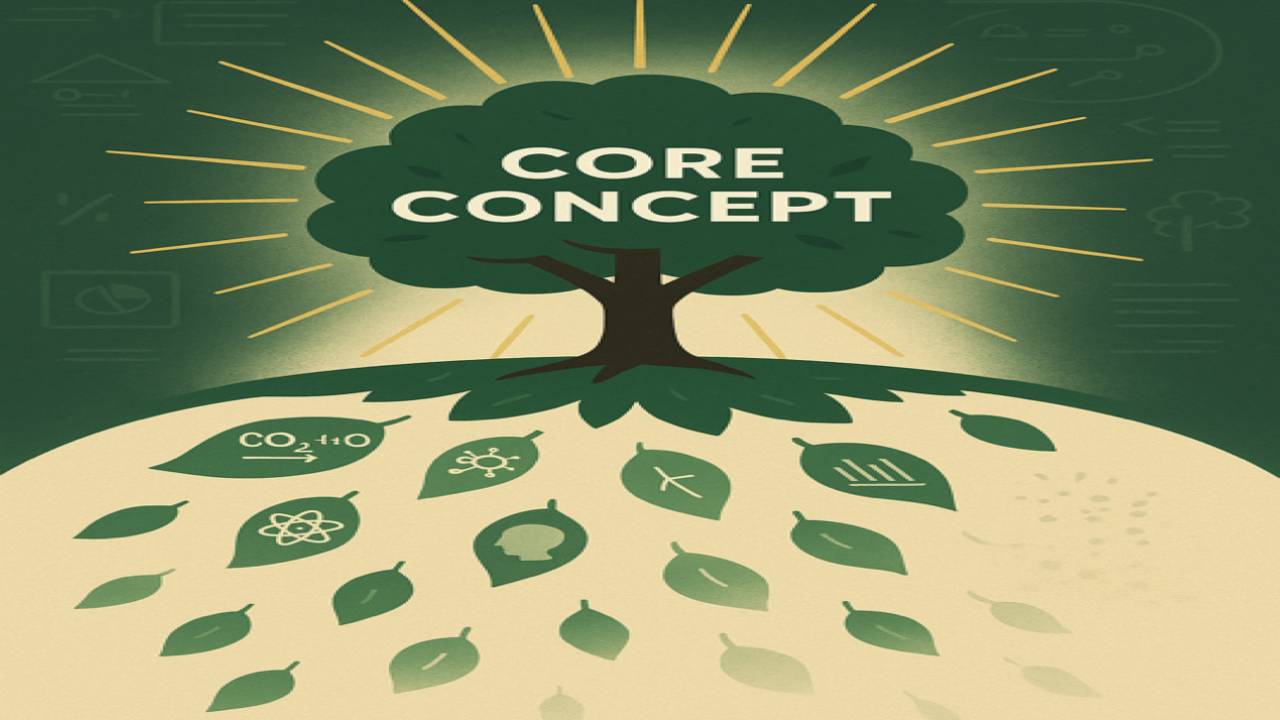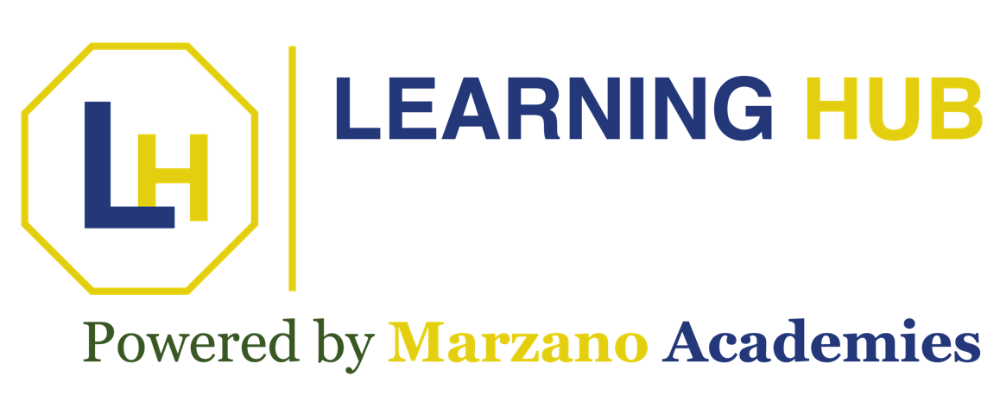Theory - Obliterative Subsumption: Understanding a Theory of Forgetting
Oct 02, 2025
“Most of what we learn meaningfully is not lost but transformed.” — David P. Ausubel, The Psychology of Meaningful Verbal Learning (1963)
When David Ausubel introduced his theory of meaningful verbal learning, he challenged traditional ideas about forgetting. Rather than viewing memory loss as simple decay or failure, Ausubel argued that forgetting can be the result of a successful cognitive process he called obliterative subsumption. In this process, information that was once distinct in memory is gradually absorbed and reduced into a broader, more stable conceptual framework. The specifics may fade, but the meaning endures.
At the heart of Ausubel’s work is the principle of meaningful learning—the idea that new knowledge must connect non-arbitrarily to what a learner already knows. When new material is subsumed under more inclusive concepts, the learner’s cognitive structure becomes more organized and integrated. This organization, however, comes at a cost. Over time, the unique details and examples originally tied to the concept become less accessible. What remains available is the generalized understanding that anchored them in the first place. Ausubel referred to this as a “memorial reduction to the least common denominator.”
Obliterative subsumption is not a flaw but an efficient function of human cognition. Consider a student who has studied many specific examples of photosynthesis: detailed chemical equations, step-by-step laboratory demonstrations, and diagrams of plant cells. Months later, the student may not recall every equation or replicate every diagram from memory. What endures, however, is the core understanding that photosynthesis converts light energy into chemical energy, sustaining plant life and, indirectly, all other life forms. The details have been obliteratively subsumed under the broader concept, leaving behind the essence that matters most.
This theoretical lens helps us reconsider what it means to “forget.” According to Ausubel, forgetting after meaningful learning is selective—it is the fading of surface particulars once they have served their purpose of clarifying or reinforcing the deeper idea. Unlike rote memorization, which often leads to total loss when memory traces weaken, meaningful learning ensures that what is preserved is the concept itself. This makes obliterative subsumption a form of constructive forgetting, one that preserves the architecture of knowledge by letting go of extraneous pieces.
The implications extend beyond the laboratory or psychology text. In education, obliterative subsumption reminds us that the central goal is not the indefinite retention of every detail but the secure grasp of transferable concepts. Teachers should not be surprised when students lose access to long lists of examples or supporting facts. In fact, this natural reduction is evidence that learning has taken place in the way Ausubel envisioned: information has been anchored, generalized, and made durable in the mind.
Understanding obliterative subsumption allows educators to design instruction and assessment with realistic expectations. It legitimizes the fading of non-essential details while reinforcing the importance of teaching for meaning rather than for memory alone. Ultimately, Ausubel’s insight reframes forgetting not as failure, but as the natural consolidation of knowledge—a process through which learners retain what is most significant for future thought and application.
If you are interested in discussing obliterative subsumption and other cognitive theories, join the Learning Hub and post in the Community Channels, register to attend an office hour, or send a direct message to the Learning Hub Faculty.
Next week's Friday Blog will focus on "use-it-tomorrow" strategies you can bring directly to your classroom.
References
Ausubel, D. P. (1963). The psychology of meaningful verbal learning. New York: Grune & Stratton.
Ausubel, D. P. (1968). Educational psychology: A cognitive view. New York: Holt, Rinehart & Winston.
Ivie, S. D. (1998). Ausubel’s learning theory: An approach to teaching higher-order thinking skills. The High School Journal, 82(1), 35–42.
Novak, J. D. (1993). A view on the current status of Ausubel’s assimilation theory of learning. Journal of Research in Science Teaching, 30(9), 861–866.
